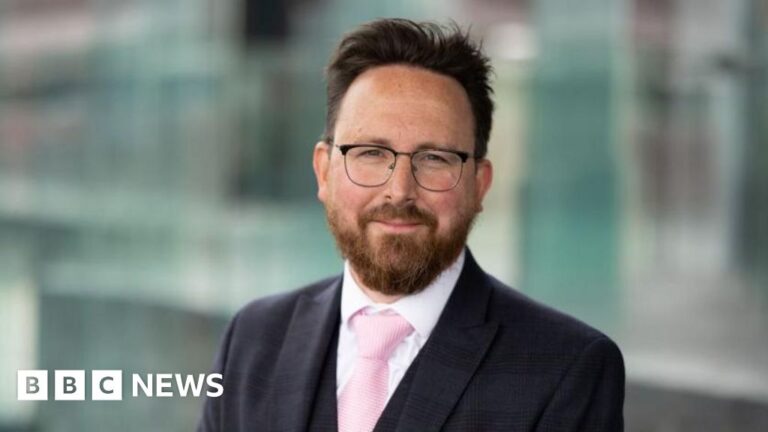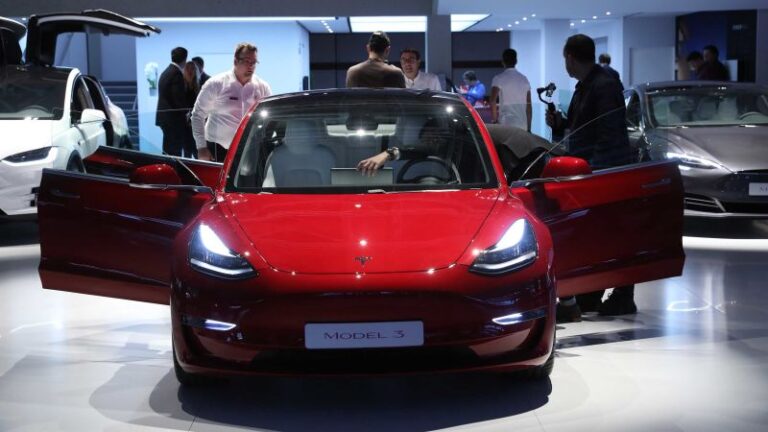Here is the plain text result:
Fukushima. Three Mile Island. Chernobyl. Places that will forever be remembered as the sites of nuclear disasters.
Most people will have heard of them. But fewer are aware of the Windscale fire.
It was one of the world’s first – and remains the UK’s worst – nuclear accident.
A nuclear reactor at the site in Cumbria caught fire and burned for three days, releasing radioactive material into the atmosphere.
Many details of the event were kept quiet for decades, and it is far less famous than some of the more recent examples.
But a new video game has brought the disaster, and the area where it happened, back into the spotlight.
Atomfall is the latest release from Oxford-based Rebellion, best known for its long-running Sniper Elite series.
CEO Jason Kingsley tells BBC Newsbeat he was walking in the Lake District when the idea of using the real-life Windscale story “as a trigger point for a fictionalised version of the disaster” began to take shape.
Atomfall is set in the rolling green landscapes of the beauty spot, but on an alternative sci-fi inspired timeline where the area surrounding the plant has become a quarantine zone.
It went pretty wrong in real life, but it was controlled.
It was a proper disaster, but it didn’t cause strange glowing plants or mutants or dangerous cults to emerge.
Although the Windscale fire was very serious, Jason says it’s not something that is especially well-remembered, even among locals.
It is, however, a reminder of a time when the nuclear industry was still in its infancy, and the risks involved in operating these massive machines were not fully understood.
In the years since, the UK has had to grapple with the fallout from Windscale, quite literally, and other nuclear accidents around the world have led to significant improvements in safety standards.
Featuring a local area in a film or TV show can expose a new audience to that place.
Ultimately, what’s incredibly rewarding about this industry is you can put your ideas down and they can be played by people across the globe.
And you know, how wonderful is it to sort of talk about the Lake District to people that live in Africa or Southeast Asia or Canada or wherever it might be. That’s a kind of form of soft power that very few types of media have.
Source link




